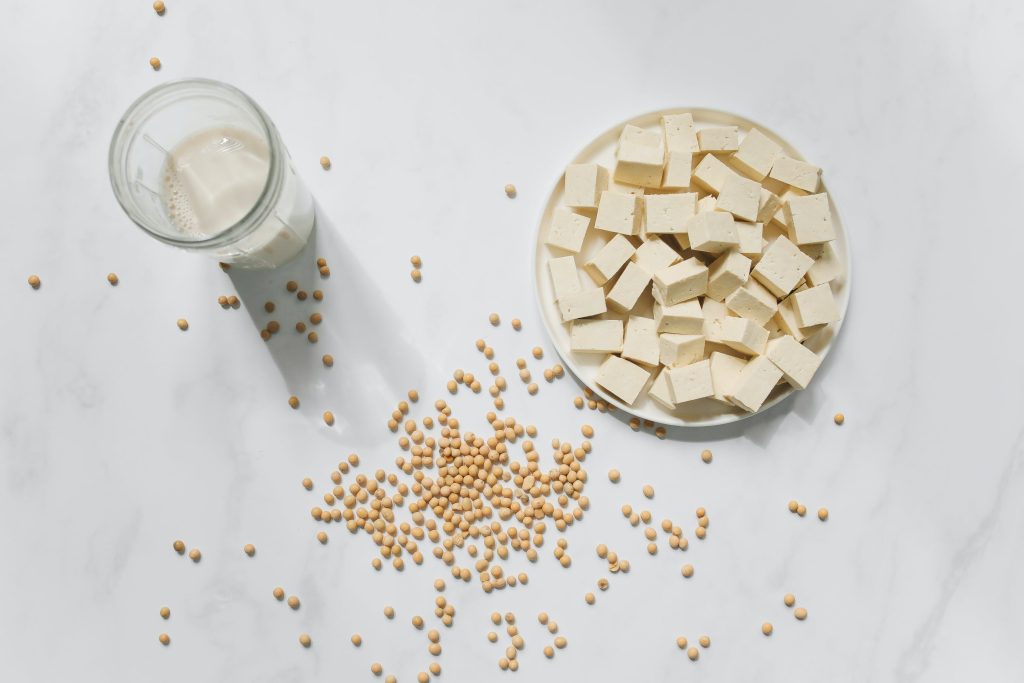MSG or commonly known as ajinomoto is a food additive used primarily in Asian cooking for its umami flavor. If you are wondering what ‘Umami’ means, it is something that we all like, a savory, meaty, something like-intensified flavor. Chemically, MSG is a salt of a naturally occurring amino acid called glutamate. Amino acids are building blocks of protein. Glutamate is present in many common foods such as meats, tomatoes, mushrooms, salmon etc.
Many of us associate MSG with China and ‘Chinese Restaurant Syndrome’, however, MSG was originated in Japan more than a century ago. MSG was originally extracted by seaweed but is currently manufactured by fermentation utilizing starch, sugar beets, sugar cane, or molasses.
MSG has got bad reputation, maybe you also think that’s it is bad for you. In the late 1960s, it was criticized for reportedly being a hazardous addition to soups, salad dressings, Chinese takeout, and French fries. In fact, it was so demonized that several restaurants eliminated MSG from their menus. However, today, MSG is “generally recognized as safe,” according to the U.S. Food and Drug Administration (FDA), Joint FAO/WHO Expert Committee on Food Additives (JECFA), and the European Food Safety Association (EFSA). The daily acceptable intake (ADI) of MSG is 30 mg per kilogram of body weight per day which comes down to 1.8g per day for a person who is 60 kg.
So, what happened?
The available literature on monosodium glutamate demonstrating such detrimental side effects is frequently unrelated to how you would eat MSG. Those researches were often of many methodological flaws such as irrelevant dose, length and consumption pattern. For example, some studies showing toxic effects have been done in animals, having rats eating up to 100g per kilogram of MSG per day for 45 days. You would not consume MSG like that in real life. Current research says that MSG is safe for all life-cycle stages, regardless of ethnic origin or culinary history, according to the existing high-quality scientific evidence.
So, suddenly MSG is good for you?
It depends. It’s generally regarded as safe as mentioned earlier. However, there are few things to consider. For e.g.
Sodium may be concern for you. MSG also contains sodium, so if you are medically required to limit your sodium intake, you need to be cautious. However, MSG comprises only one-third of the sodium found in table salt, and using MSG instead of salt in foods can cut sodium levels by 30%.
MSG makes food taste better, so it may cause you to overeat and consequently obesity and health issues associated with this.
Some, actually very few people may be sensitive to MSG, so if you feel weak, numb or headache after having foods added with MSG, you may need to be careful.
Who may benefit from using MSG?
Older people who have reduced palatability of foods resulting in multiple nutrient deficiencies may benefit from adding a little bit of MSG to their diet. This is because MSG helps food taste better. Make sure the overall sodium intake is within the limit.
Takeaway
Takeaway: If you enjoy food without MSG, there is no point in adding MSG to your regular food. The way people believe that it weakens your bone or its harmful to health has no strong scientific basis whatsoever.
References
https://china.usc.edu/sites/default/files/Sand%2C%20Short%20History%20of%20MSG.pdf
https://www.ncbi.nlm.nih.gov/pmc/articles/PMC6952072/










